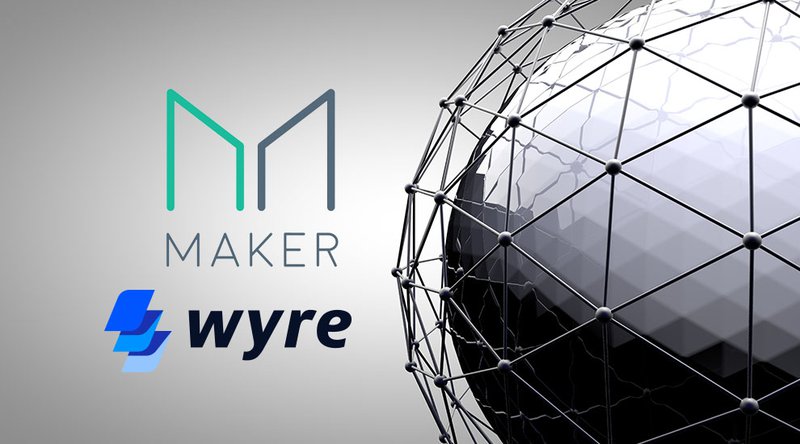2018-9-1 23:29 |
While global business may move at the speed of the web, international payments instead seem to move like smoke signals. This is because the world’s payments infrastructure hasn’t changed since the heady days of disco, nearly four decades ago. Especially for teams at small and medium enterprises (SMEs), this disconnect between the hustle of business today and inertia old infrastructure creates unnecessary hurdles and impediments to smooth business operations.
Today’s system of moving money around the world forces banks and payment providers to plan for days of delay, produce their own liquidity by funding accounts in local currencies on each side of a transaction, and pass along exorbitant costs to their customers. For SMEs, this translates into a cumbersome payments experience with high fees, limited visibility into transaction details or status, and a settlement time that can stretch from days into weeks.
In contrast, RippleNet delivers a new global payments standard that speeds up transactions, introduces certainty, and lowers fees to transform the cross-border payments experience. Using RippleNet, banks and payment providers can reimagine a payment from invoice to confirmed settlement for their clients. Just one small change, like the ability to drag-and-drop invoices as part of a RippleNet powered transaction, can have many benefits: it saves time with pre-populated fields, automatically confirms recipients for accuracy, and obtains real-time quotes.
The end result is a vastly improved user experience for a transaction delivered in seconds and with confidence, at a fraction of the usual price.
Emerging Markets Close the Gap with Ripple
This sea change in international payments is even more important when you consider the World Bank forecasts global remittance payments to grow by 3.4 percent or roughly $466 billion in 2018. Much of this will happen in emerging markets, which are home to 85 percent of the global population and account for almost 60 percent of global GDP, with India and China having the highest incoming flows in 2017.
Designed to solve the modern challenge of international or cross-border transactions, RippleNet is already having an impact in these emerging markets. With a growing global need not just for access, but also a more efficient, transparent and cost-effective payments into and out of emerging markets, new financial institutions in India, Brazil and China have joined RippleNet to power instant remittance payments into their countries.
SMEs also play a critical economic role in these emerging markets. RippleNet delivers efficiencies and advantages that can help them be more competitive in an interconnected world.
Rather than be limited by borders and currencies, Ripple connects all parties in a global transaction through a single seamless, frictionless experience. Built for the Internet age, Ripple delivers access, speed, certainty and savings. And by leveraging the most advanced blockchain technology possible, it is scalable, secure and interoperable.
For more information on Ripple’s solutions or to learn how to join RippleNet contact us.
The post RippleNet Offers SMEs a Competitive Advantage in Global Payments appeared first on Ripple.
origin »Bitcoin price in Telegram @btc_price_every_hour
Global Currency Reserve (GCR) на Currencies.ru
|
|























